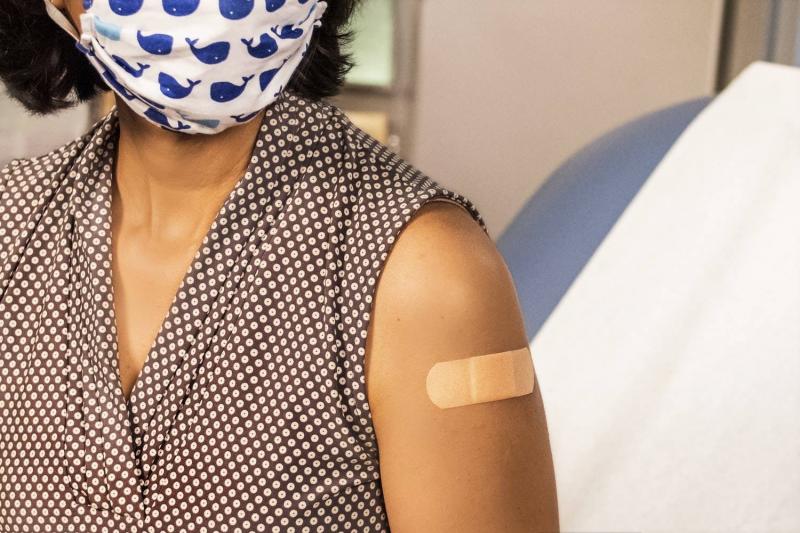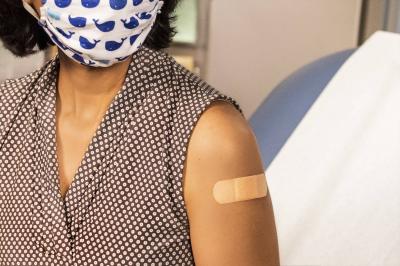The U.S. Food and Drug Administration (FDA) is seeking full approval for the COVID-19 vaccine developed by Pfizer-BioNTech, with an announcement expected on Monday, which accelerates the previous timeline for licensing the shot, according to people familiar with the agency's plans who spoke to the New York Times. Regulators were working to finalize the process by Friday, but paperwork took up a considerable amount of time, and the procedure between the agency and the company may require more time, meaning approval could come soon after Monday if certain review components need additional time, according to information reviewed by Al Arabiya.
This move will make the Pfizer vaccine the first coronavirus vaccine to transition from emergency use authorization to full FDA approval. Dr. Anthony Fauci, the White House’s chief medical advisor, stated to the Associated Press on August 8 that he hopes vaccines will begin receiving full approval "in the month of August." U.S. companies have tightened vaccination rules for employees following a rise in coronavirus cases across the country in recent weeks. Full approval could also help persuade hesitant individuals to get vaccinated until the FDA fully signs off on the shot.
Over 203 million doses of the Pfizer-BioNTech vaccine have been administered in the U.S., resulting in complete vaccination for more than 91 million people in the country, according to data from the Centers for Disease Control and Prevention (CDC) as of Friday. Pfizer and BioNTech initially began the process to advance for regulatory approval for the two-dose vaccine in May after receiving emergency use authorization from the FDA in December. The FDA establishes a six-month target for approving high-priority drugs.
If officially licensed, the Pfizer-BioNTech vaccine will remain available in the market after the pandemic ends, and the companies will be able to advertise the vaccine directly to consumers. This comes as senior health officials from agencies including the CDC, the White House, and the FDA stated in a Wednesday announcement that the efficacy of vaccines relying on mRNA technology decreases over time, especially for those with weakened immune systems. They added that the U.S. will begin large-scale distribution of booster doses to the public in September.




